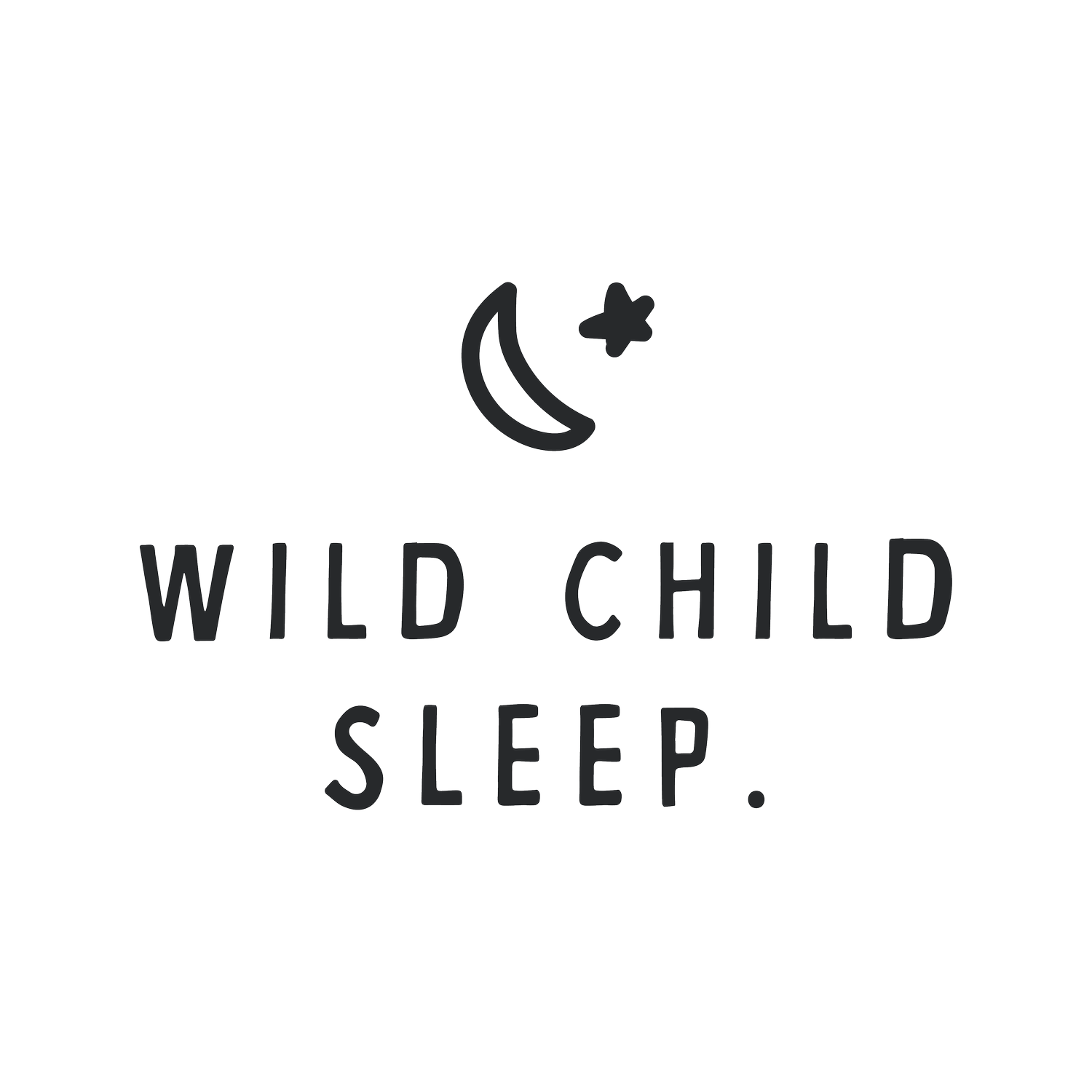How much sleep does my baby actually need? A science backed perspective
Sleep schedules and nighttime sleep can be a huge source of stress for parents. However, the truth is, not all babies are designed to conform to a universal sleep schedule. Understanding your baby's unique sleep needs is crucial for both their well-being and your sanity. In this blog post, we'll explore the normalcy of sleep variations among babies and provide insights into when it might be time to seek support.
The Myth of One-Size-Fits-All Sleep:
All babies are different, and that includes their sleep patterns. It's unrealistic to expect every baby to sleep through the night by a specific age. Research even suggests that night waking tends to increase between 3-6 months, challenging the modern narrative of uninterrupted baby sleep.
Sleep Totals by Age:
Consulting the guidelines set forth by the National Sleep Foundation (see Fig. 1 for complete recommendations) provides a roadmap for understanding sleep totals across different age groups. The ranges are as follows:
0-3 months: 14-17 hours
4-11 months: 12-15 hours
1-2 years: 11-14 hours
3-5 years: 10-13 hours
Fig. 1
Understanding Your Baby's Sleep:
So, what do these recommendations mean for your baby? If your little one falls within these ranges and radiates general contentment, rejoice! Chances are they're getting the sleep their developing bodies need. It's essential to recognize and appreciate the diversity in sleep needs among infants. Not all babies fit into the "average" mold, and that's perfectly okay!
There is a lot of noise about not letting your baby become overtired. And, I get it. No one wants to deal with an overtired baby or toddler. However, this concern is often exaggerated and leads to unnecessary feelings of guilt and shame for caregivers. If we’re being honest, every baby is going to become overtired from time to time. Occasional overtired isn’t something to be concerned about, especially when it’s related to teething, sleep progressions, etc. Lack of sleep leading to a chronically overtired baby can become a concern and may even be an indicator of an underlying health concern. More on this later.
Outliers and Individual Variations:
Just like any set of data, there are outliers—babies whose sleep needs fall outside the norm. Some babies might require more or less sleep than the average, and that's perfectly normal. If your baby is an outlier but still appears content, they're likely getting the sleep that suits them.
When to Seek Help:
Your baby's demeanor and your parental instincts are the best indicators of whether you should seek support. If your baby wakes up consistently grumpy, squirms or arches in their sleep, or wakes hourly or more, it might be time to consult a professional. These could be signs of an underlying health condition.
Don't hesitate to reach out to a sleep consultant or your trusted pediatrician for guidance. Seeking support doesn't mean you're a failure as a parent—it means you're committed to ensuring your baby's well-being and giving them the best start in life.
In the world of baby sleep, there's no one-size-fits-all solution. Understanding and embracing the uniqueness of your baby's sleep patterns is key to fostering a healthy sleep routine. Whether your baby falls within the recommended sleep totals or is an outlier, your focus should be on their overall well-being and happiness. And remember, seeking support when needed is a sign of responsible parenting, not a reflection of inadequacy. Sweet dreams to you and your wild child!
References:
Galland BC, Taylor BJ, Elder DE, Herbison P. Normal sleep patterns in infants and children: a systematic review of observational studies. Sleep Med Rev. 2012 Jun;16(3):213-22. doi: 10.1016/j.smrv.2011.06.001. Epub 2011 Jul 23. PMID: 21784676.
Hirshkowitz M, Whiton K, Albert SM, Alessi C, Bruni O, DonCarlos L, Hazen N, Herman J, Katz ES, Kheirandish-Gozal L, Neubauer DN, O'Donnell AE, Ohayon M, Peever J, Rawding R, Sachdeva RC, Setters B, Vitiello MV, Ware JC, Adams Hillard PJ. National Sleep Foundation's sleep time duration recommendations: methodology and results summary. Sleep Health. 2015 Mar;1(1):40-43. doi: 10.1016/j.sleh.2014.12.010. Epub 2015 Jan 8. PMID: 29073412.
Paruthi S, Brooks LJ, D'Ambrosio C, Hall WA, Kotagal S, Lloyd RM, Malow BA, Maski K, Nichols C, Quan SF, Rosen CL, Troester MM, Wise MS. Consensus Statement of the American Academy of Sleep Medicine on the Recommended Amount of Sleep for Healthy Children: Methodology and Discussion. J Clin Sleep Med. 2016 Nov 15;12(11):1549-1561. doi: 10.5664/jcsm.6288. PMID: 27707447; PMCID: PMC5078711.
Did you love this blog post? Share it to your fav social media!



